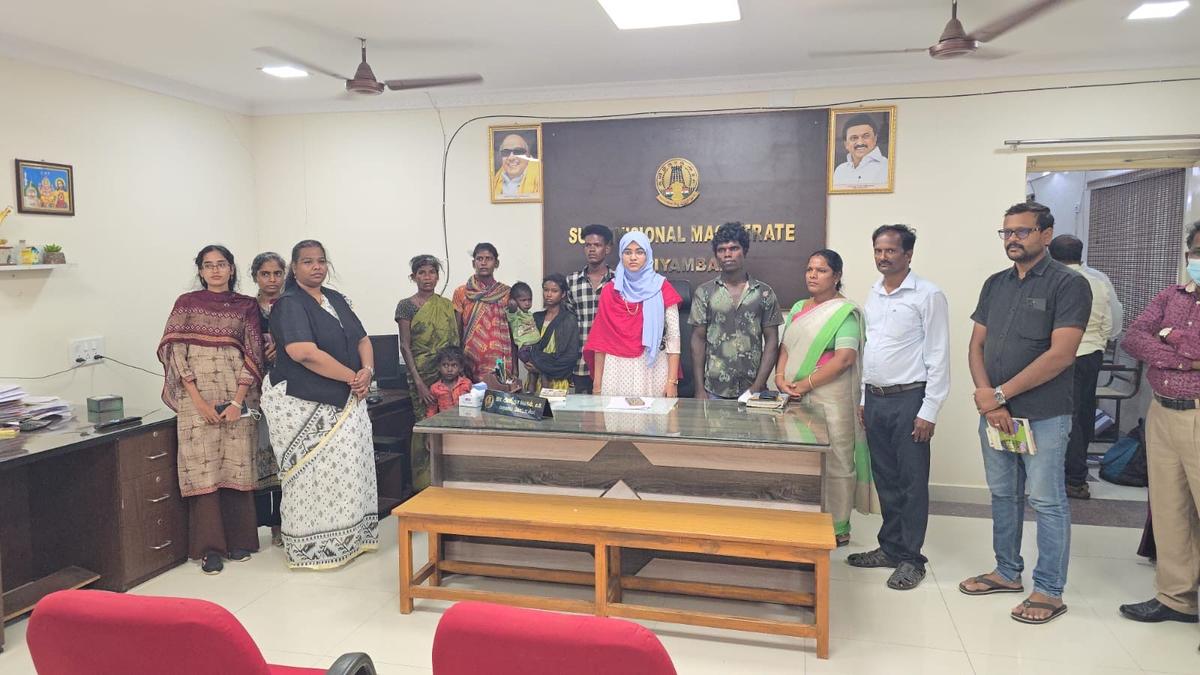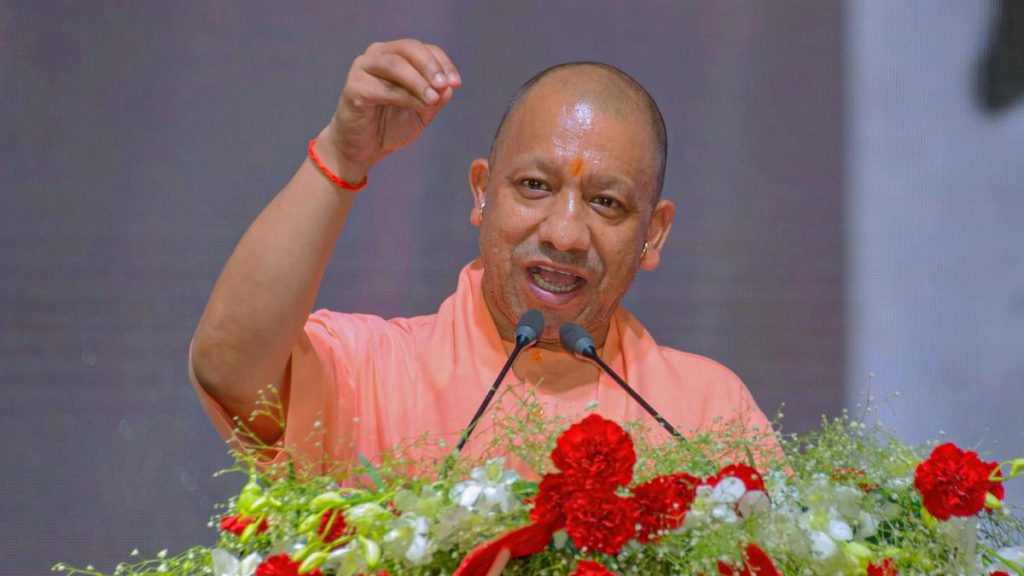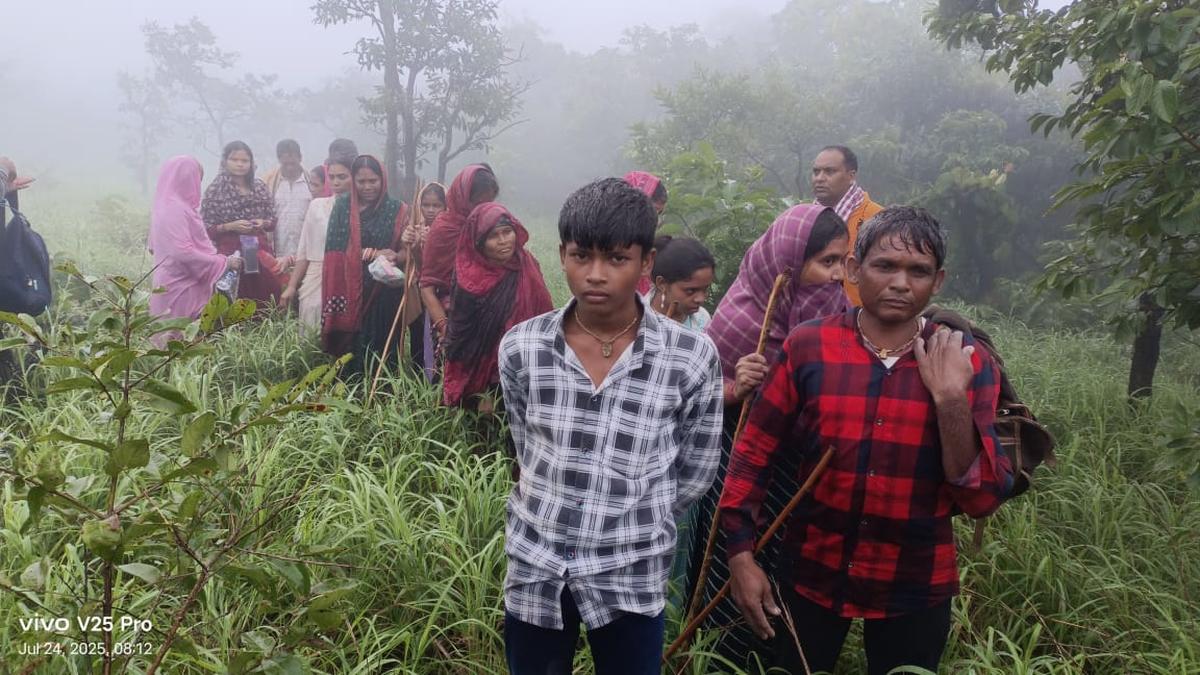Now Reading: Seven, Including Two Children, Rescued from Bonded Labour in Tirupattur
-
01
Seven, Including Two Children, Rescued from Bonded Labour in Tirupattur
Seven, Including Two Children, Rescued from Bonded Labour in Tirupattur

Quick Summary
- Seven people,including two children and an expectant mother,were rescued from bonded labour in Naickaneri village panchayat near Ambur town,Tirupattur on Wednesday.
- The victims belonged to Irular families and had borrowed ₹10,000 from a contractor named Mahavishnu.
- Mahavishnu leased 67 acres of farmland for agricultural purposes and forced the families to work under inhumane conditions as repayment for the advance.
- The workers were subjected to verbal abuse, non-payment of wages, continuous work without rest or adequate food from 5:30 a.m. to 7:30 p.m., even on Sundays.
- Revenue officials acted after Collector K.Sivasoundaravalli received an alert about bonded labour practices in the area; verification confirmed the situation.
- A coordinated team consisting of revenue officers, police personnel, and other officials conducted surprise checks at mango farms and agricultural sites before rescuing those affected.
- Release Certificates were issued by Vaniyambadi Revenue Divisional Officer (RDO) Ajitha Begum alongside financial assistance for their rehabilitation process.
- Victims have been allowed to return to their native Pakkampalayam village near Odugathur town in Vellore district while contractor Mahavishnu faces examination by Ambur Taluk police following registration of a case.
Indian Opinion Analysis
The rescue operation highlights persistent issues surrounding bonded labour practices affecting marginalized communities like Irular families. despite legal safeguards such as India’s Bonded Labour System (Abolition) Act of 1976 prohibiting such exploitation, cases continue due to socio-economic vulnerabilities-including debt traps tied with small monetary loans.
This intervention demonstrates proactive approaches by local governance structures with critical coordination among multiple departments. Issuing release certificates ensures immediate relief but also reflects efforts toward systemic overhauls needed for long-term rehabilitation.While accountability measures like registering legal proceedings against offenders are essential deterrents, such incidents underscore broader structural challenges linked to poverty cycles that require sustainable economic solutions at grassroots levels.
Read more: Original Article

























